“I’ve been researching comedy,” CNN’s Elle Reeve announces grimly at the start of her hour-long interview with comedian Tim Dillon, released this week more than a month after it was recorded. What follows is an extended whine about the manner in which legacy broadcast media in America has ceded its status as the gatekeeper of the American cultural narrative to podcasters.
Is it the most satisfying piece of television I’ve ever watched? Possibly, yes.
The irony – and it’s almost too perfect to articulate – is that had Dillon not demanded, while appearing recently on the Joe Rogan Experience podcast, that CNN release the interview in full rather than packaged into a tightly edited segment to fit a specific narrative, it probably would never have seen the light of day.
The viewer quickly becomes aware that Reeve – who has the unfortunate habit of speaking with her eyes closed, as if she cannot bear to look at Dillon – is still far from over the bewildering failure of the American people to seize the God-given opportunity they recently had to elect Kamala Harris as president.
She wonders if this catastrophe was not the fault of a gang of Rogan-led podcasters who have become the new establishment.
To his credit, Dillon responds to her question in good faith: “To hang this defeat on a few podcasters and to say they were the problem, I just don’t buy the narrative. I don’t think I’m the new establishment. If you weigh a few comedians with podcasts versus all of the people who supported Kamala Harris… multi-billionaires, huge media institutions, a whole political party apparatus, I just don’t think most people are going to buy that. It seems a great way to excuse running an unpopular candidate on a platform the American people weren’t sold on.”
Dillon says that the use of the word “establishment” implies an “institutional component” that has been enjoyed by “legacy media, the government, intelligence communities and Hollywood. I think all of those power factions have worked together for a very, very long time. To say a few comedians with podcasts is equal to that seems crazy.”
Reeve’s biggest gripe is apparently the manner in which high-profile podcasters are increasingly able, at will, to converse with political figures – people who until recently would have communicated with the masses only via the filter of professionally skeptical journalists. She points out that, ahead of the 2024 election, Dillon had Steve Bannon on his show and also J.D. Vance. Her implication is that, as a non-journalist, he was well out of his depth on both occasions.
She says: “Figures like Steve Bannon and J.D. Vance, or whoever you might have on in the political world, they spin, they confuse, they try to conceal what they really think. One of the hardest parts of my job is sitting across from someone and having a great conversation with them, and then having to have the question in my mind ‘but are they lying to me?’….
“I’m kind of having an epiphany in this interview: it is possible the journalistic fixation with the whole podcast thing is, like, you guys are taking our jobs but not doing the shitty part, which is the uncomfortable thing in the room that sucks. Which is, like, ‘are you bad?’”
Could it be that the masses – in the United States and throughout the West – have grown heartily sick of this form of combative, gotcha journalism, in which the subject of any interview is treated always with maximum suspicion and yelled down at every opportunity? Certainly, this was the style of journalism that accompanied the first Trump presidency – and against which the backlash now seems so massive.
The success today of podcasters such as Rogan or Dillon, or even Theo Von, is predicated to a large extent on their willingness to respect the intelligence and ability of their audiences to make informed judgments, sufficiently to let their guests speak at length without constantly attempting to catch them out or make them look foolish. It’s a simple formula: speak to people the way normal people speak to one another. Even Piers Morgan has started doing it on his fast-growing Uncensored show.
“Did you find Vance authentic?” Reeve asks Dillon.
“I found him to be a politician. I’ve never found a politician to be anything other than a politician. Have you ever met a realtor? Do you find a realtor to be authentic, or do you have to buy a house?” he replies. He later adds: “My job is not to save the country, my job is to have an interesting or entertaining show.”
It seems telling that CNN sent Reeve to interview Dillon. She made her name hunting Nazis in Charlottesville. But pigeonholing him as a paid-up member of the right is totally wrongheaded, as anyone who listens to his show regularly could attest. Dillon’s politics are not easily pinned down. Certainly, his sympathies are consistently with the little guy who is being screwed by transnational corporations or the government. This is the source of so much of his comedy: the multi-layered and universal agonies of modern life for normal people.
Watching Reeve’s interview, it is easy to see how through her questions she deliberately casts a wide net, seemingly comfortable in the knowledge that anything contentious or controversial in the responses will be amplified in the editing process. She pushes Dillon, for example, on the fascist-style salutes Elon Musk and Bannon supposedly made, the Machiavellian manner in which Rogan apparently controls American comics, and what she perceives to be the modern cancellation of left-wing comedians.
To this last point, Dillon cites the vast and ongoing success of left-leaning comedians Chelsea Handler, John Mulaney, Sarah Silverman and Bill Burr. When he mentions Louis CK, she instinctively makes a throat-slitting sign to imply cancellation. He continues: “Is Trevor Noah not popular? He does arenas. He’s one of the most popular comedians in the country… Where’s Amy Schumer? I don’t know. Maybe she’s in her $15 million townhouse in Brooklyn. I think she’ll be OK.”
Reeve finishes by likening Dillon, who is homosexual, to a “gay Rush Limbaugh” and asks if his intention is to drive opinion. He doesn’t rise to it, instead pointing out Limbaugh was very good at what he did. “I try to make a show that’s interesting and entertaining and that’s worth someone’s time. As long as you’re listening to me, I don’t care if you agree with me or not. I think Limbaugh cared.” That’s a point that Elle Reeve can’t seem to grasp.



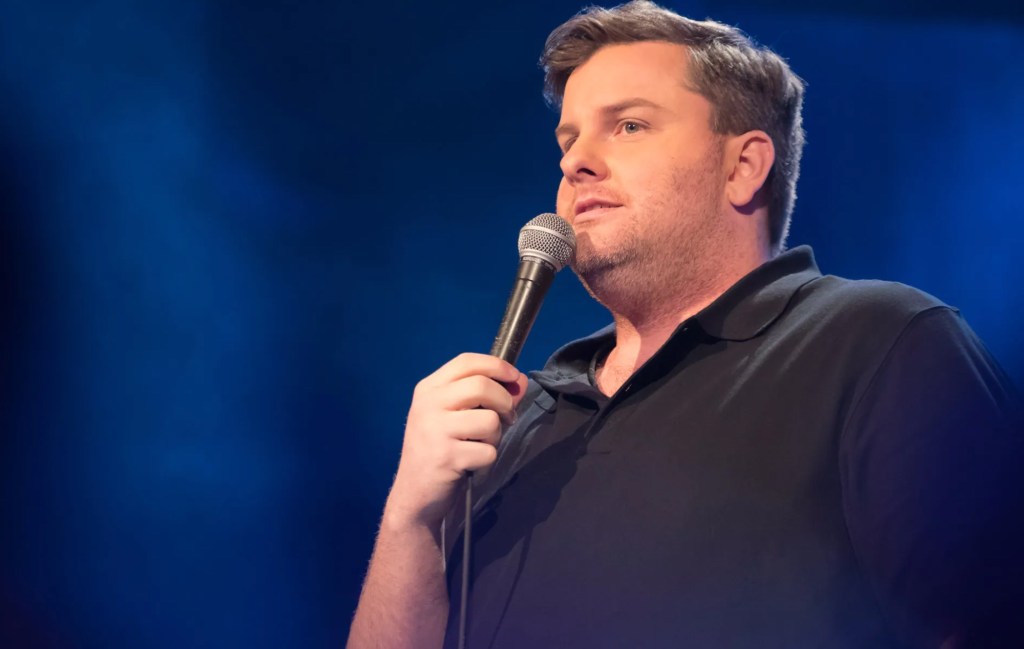







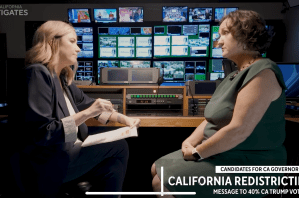

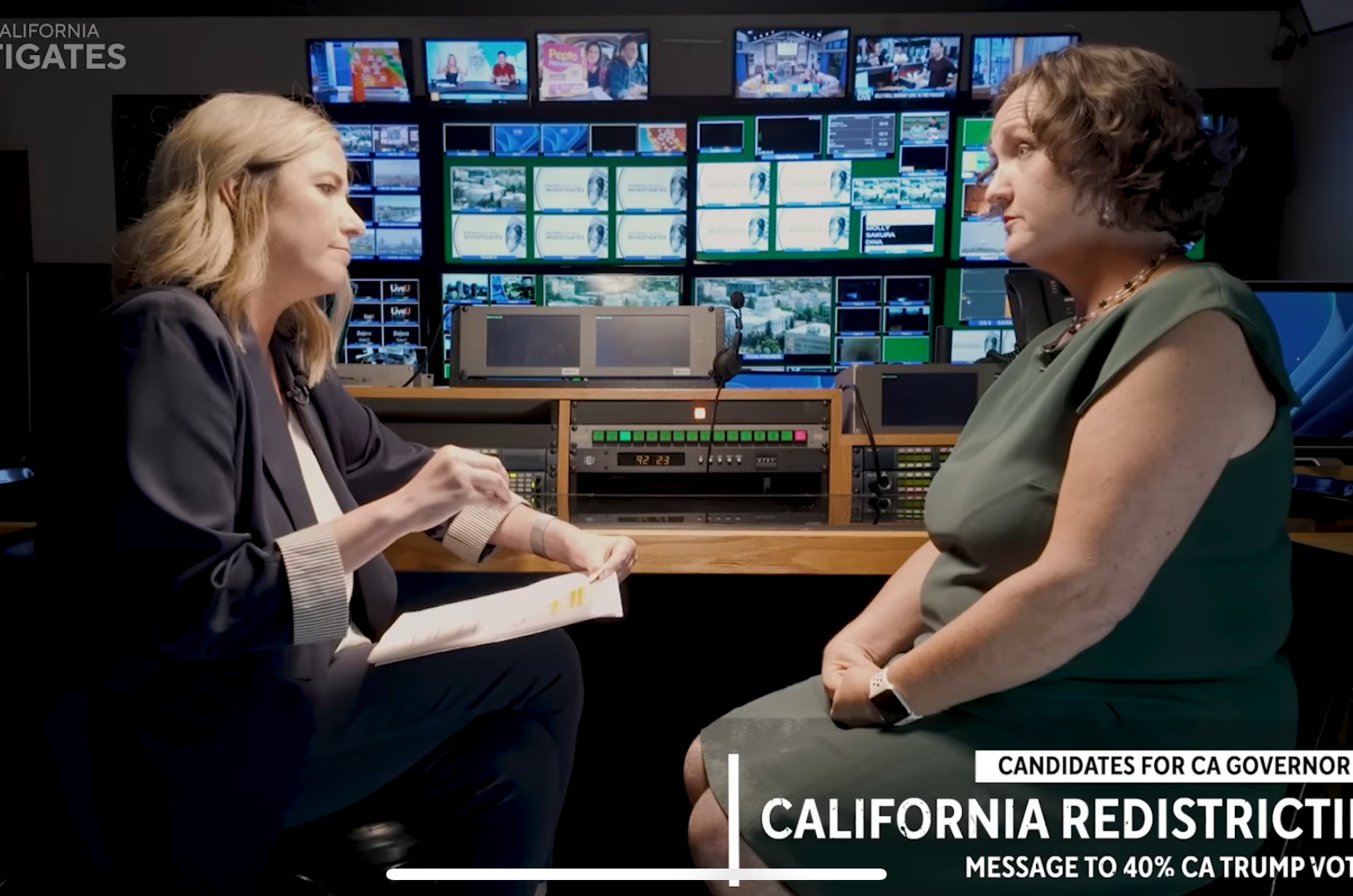
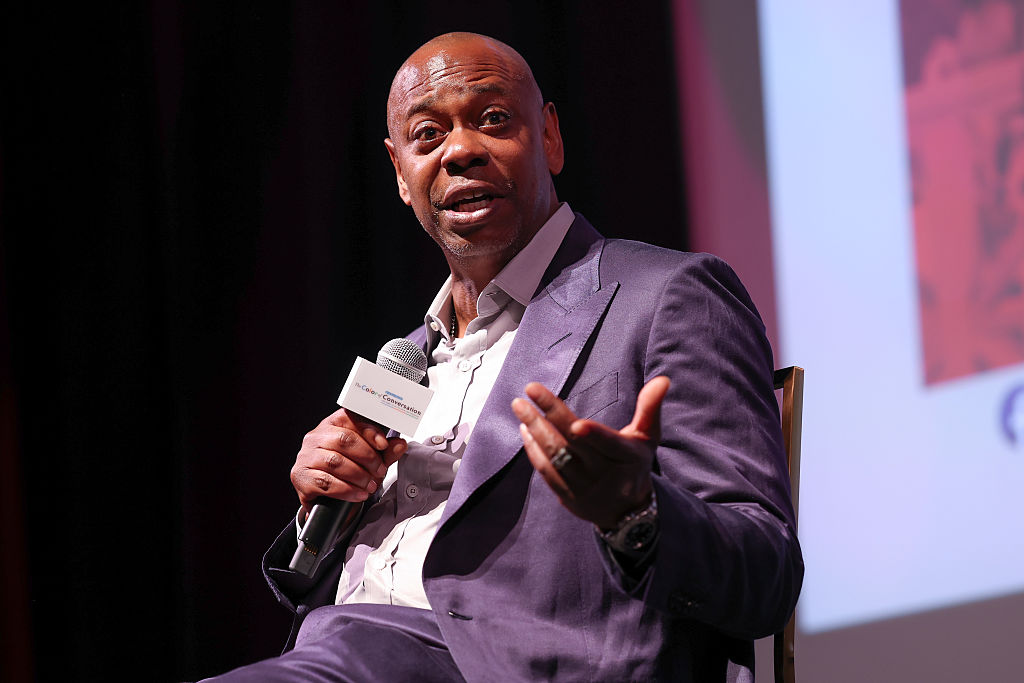
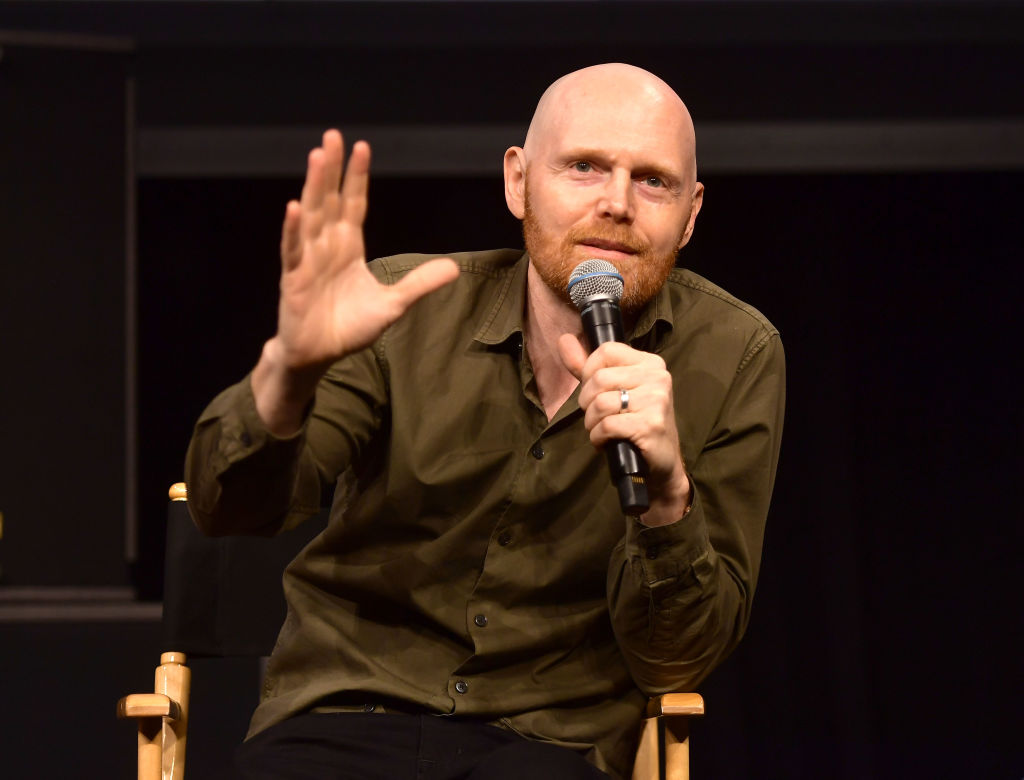

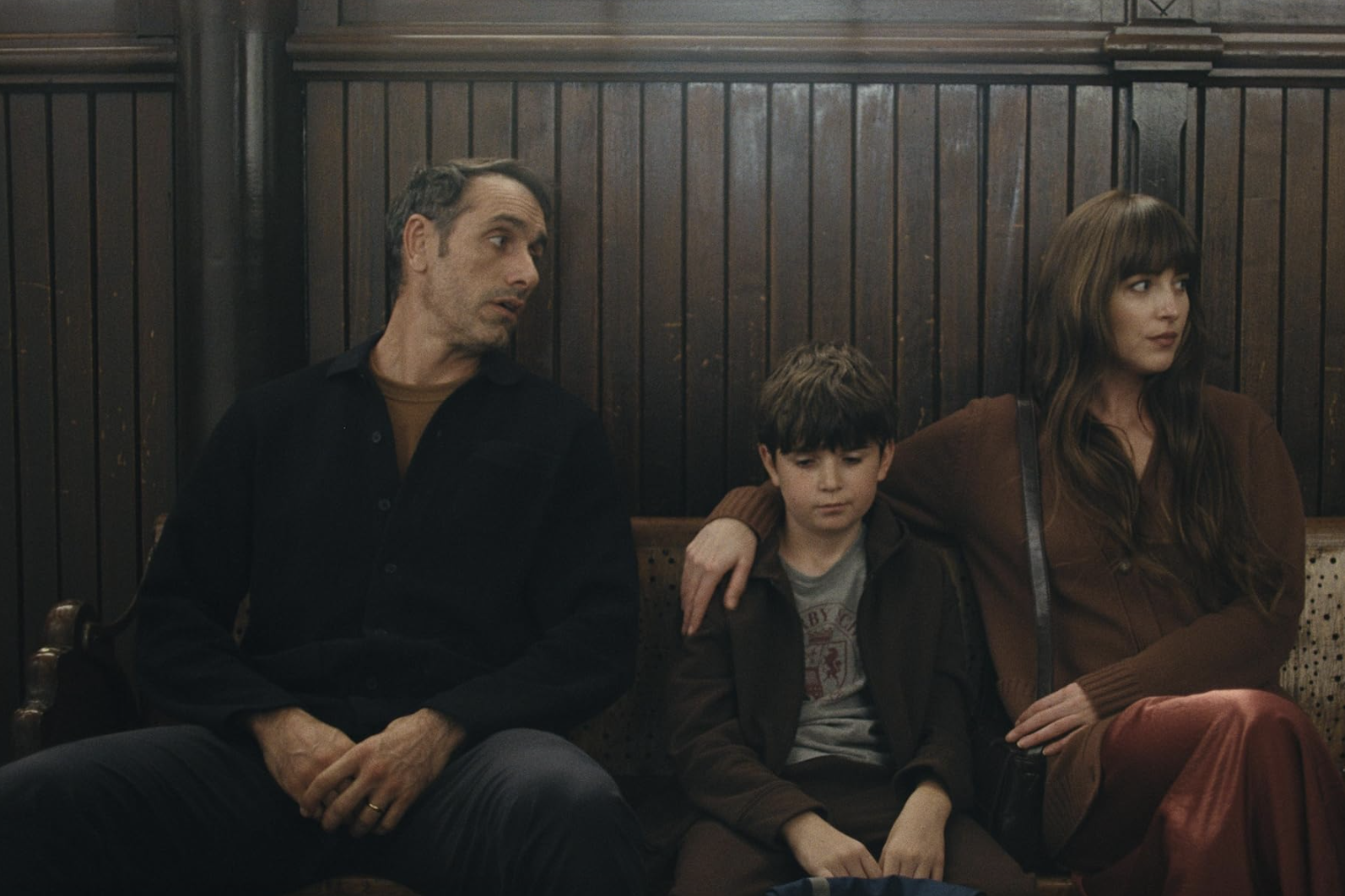
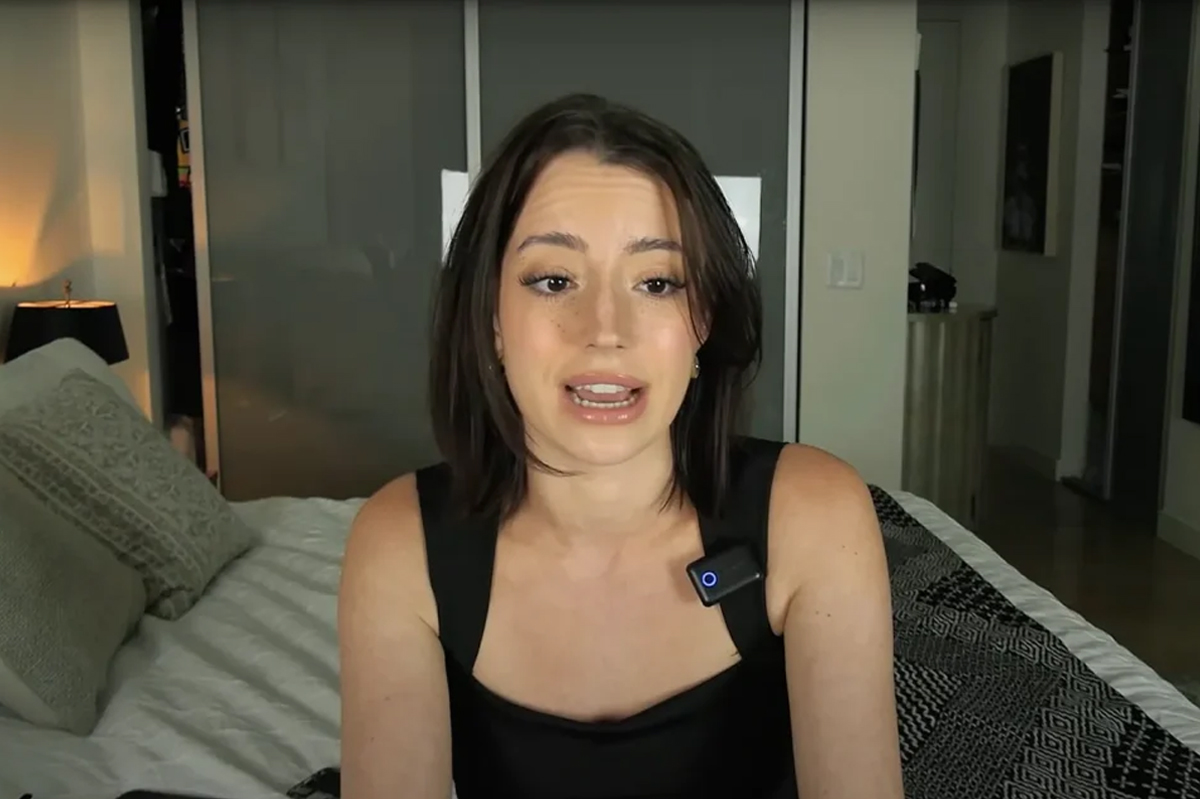







Leave a Reply